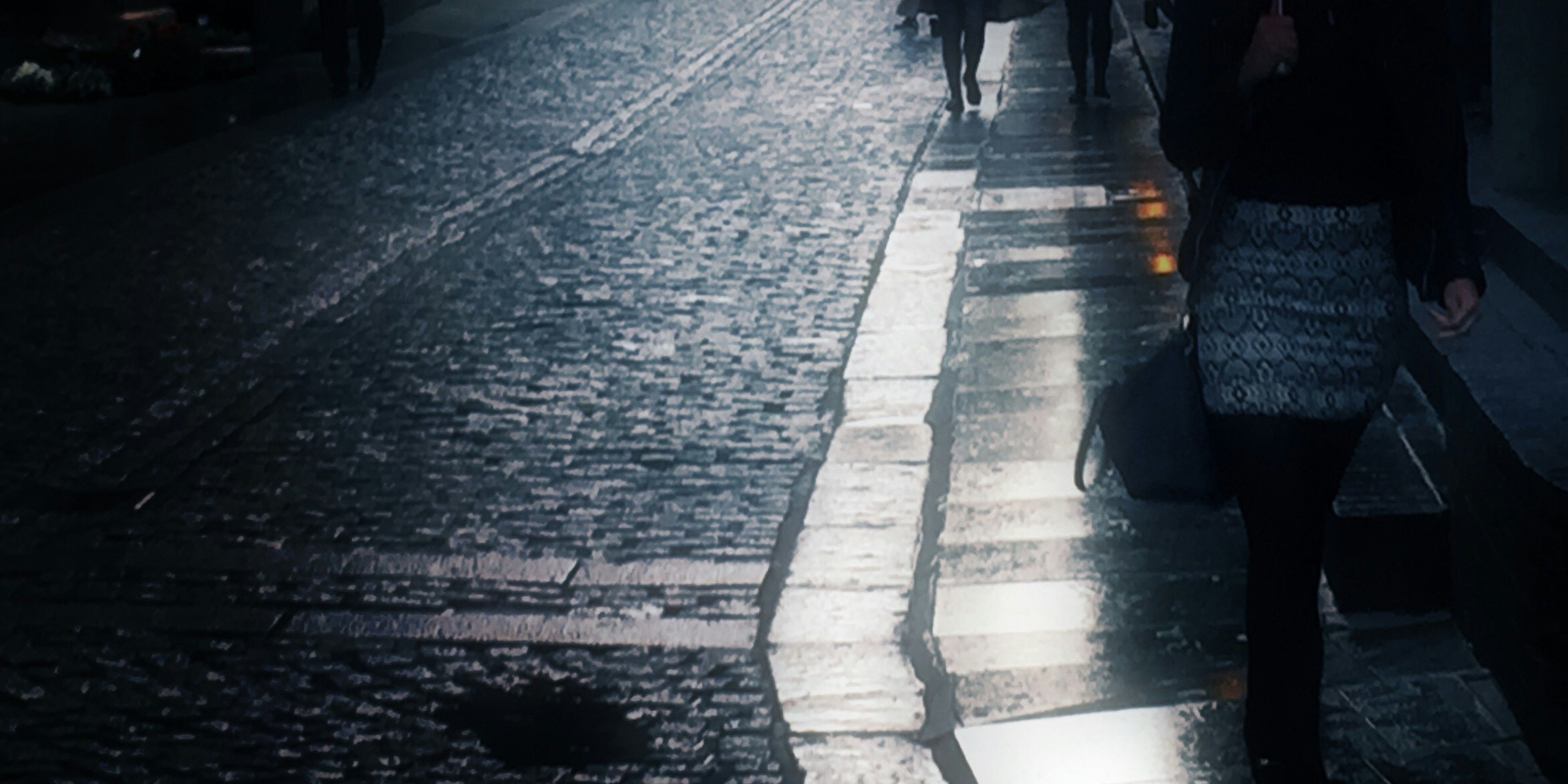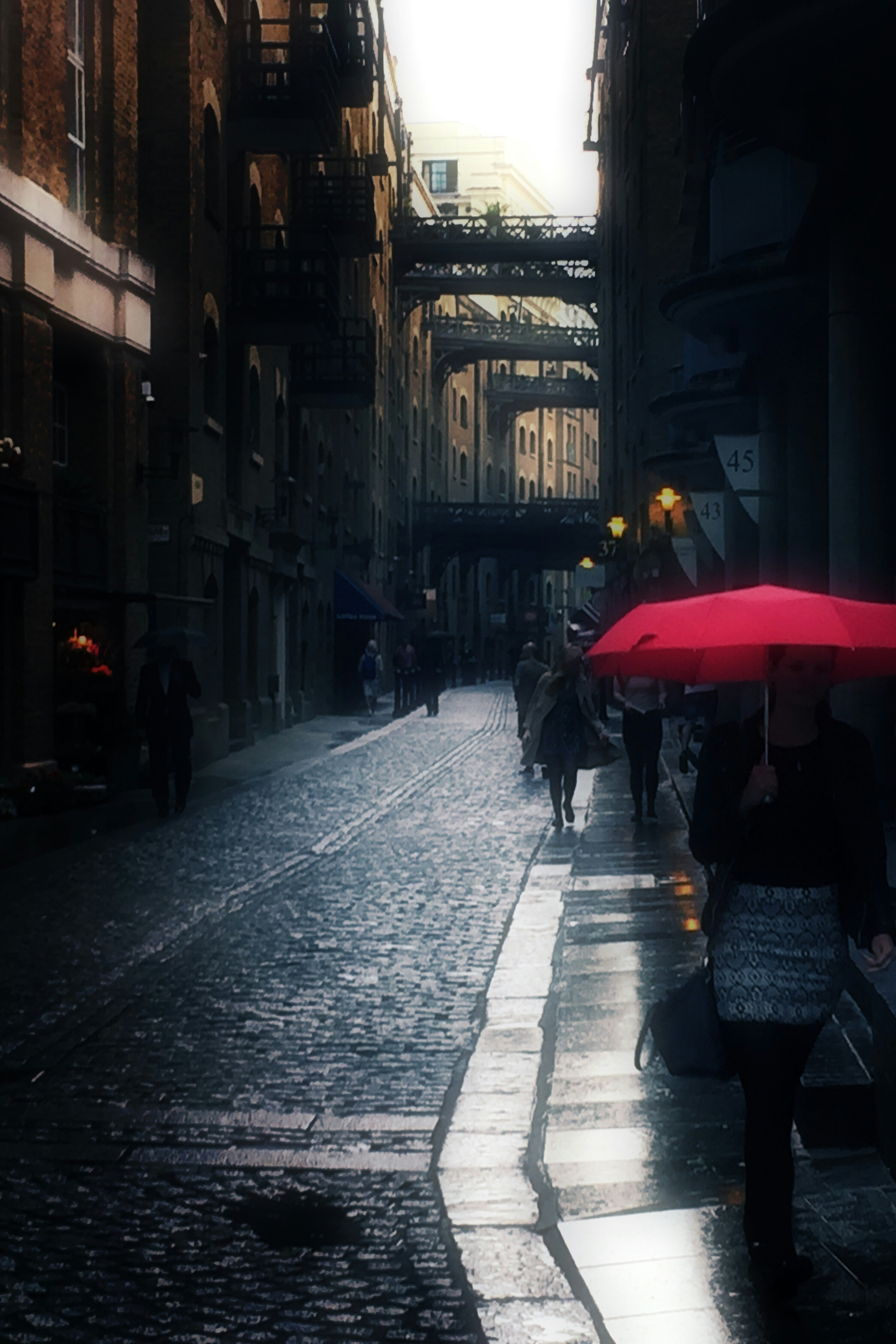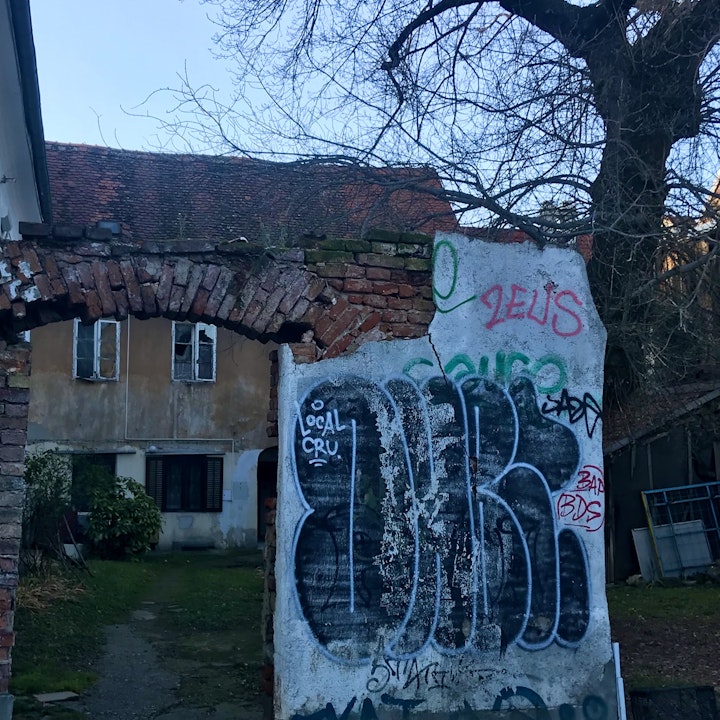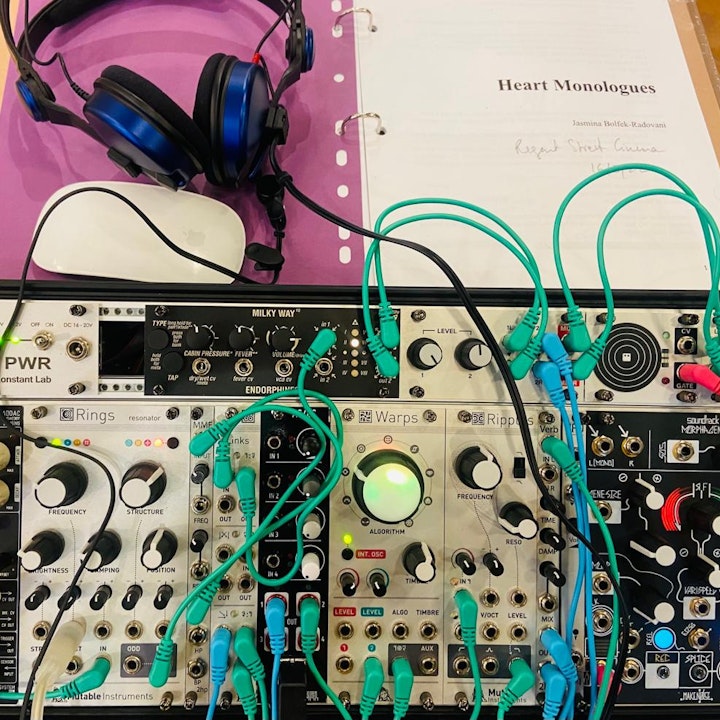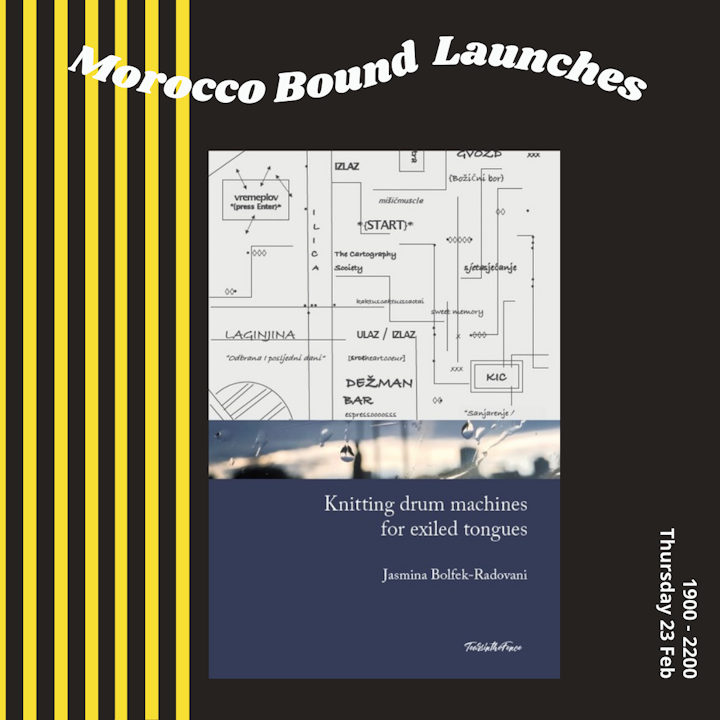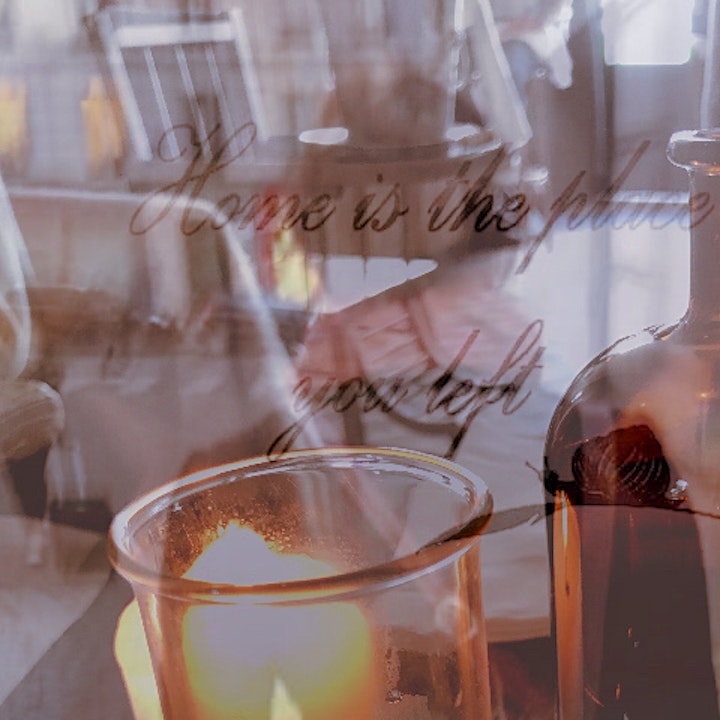Does a rose lose its colour in the rain?
Do the years take edges off the rock?
Did my lips leave a shadow on your back?
Does a rose lose its colour in the rain?
(“A Rose”, R. Sakamoto)(1)(2)

Ten days ago we performed “Heart Monologues” (a multilingual poetry sequence of 13. poems in English, French & Croatian) at the Galerija Makina in Pula.(3),(4). We hoped for some dry & warm weather; the skies thought otherwise; the rain kept pouring down all afternoon and evening on “Erdesoil”. I was warned that people from Pula do not go out in the rain, yet some of them did venture out into the rain that night! The evening ended in the company of the gallery manager and some fantastically nice and interesting people - close friends of his - who invited us to their home for a late cup and a delicious meal of spaghetti (with finnocchio, fresh tomatoes & a wonderful mixture of local herbs). We sat around the table in the kitchen and drank some excellent long macerated Malvasia wine (Malvazija Geržinić). The flat located in the Monte Zaro district of Pula was stunningly beautiful.(5) That evening we uncovered some of the city’s soul, we listened to its heartbeats…
I killed the captain
sank the fleet
to liberate the heartbeat, baby
the darkness sleeps
cushioning the heartbeat
it sounds so sweet
listen to my heart beat
(“Heartbeat”, R. Sakamoto & D. Sylvian)(6)
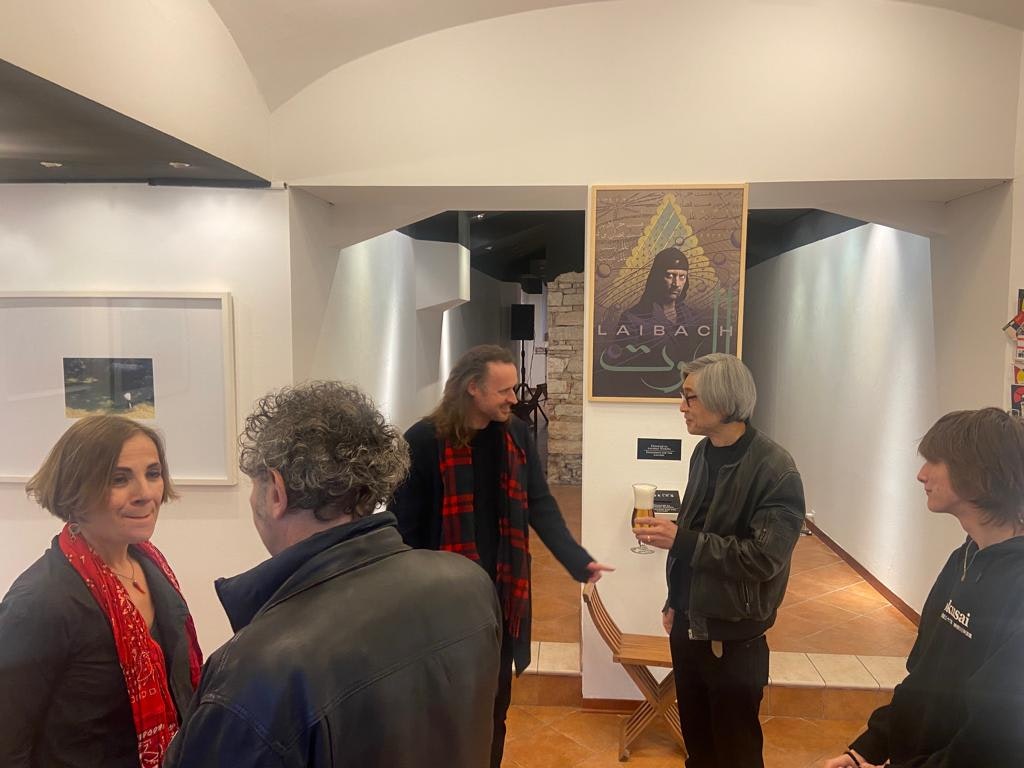
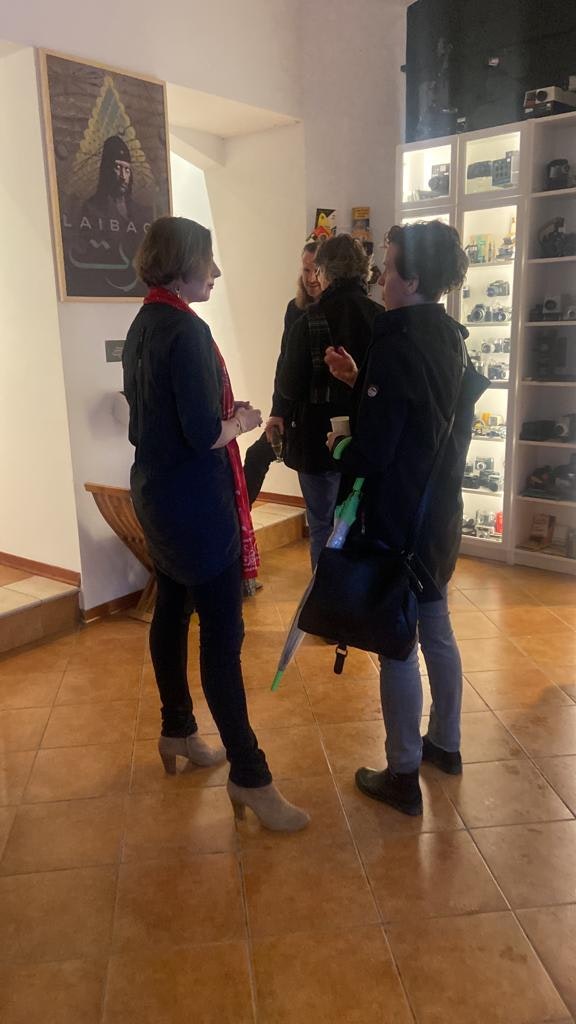
The morning after I was invited for an interview at Radio Rojc; the journalist began by saying that she liked the fact that it was raining during the performance as this had created a kind of a perfect mise-en-scene for it in the intimate space of the gallery attended by a selected public.(7) The interview was very pleasant and easygoing; the journalist’s questions on language, multilingual practice and the multimedia aspects of the performance were perceptive and well thought through. Most interestingly, she attacked the subject matter of the political and poetry head on by asking me at the very beginning of the interview whether I consider my poetry to be apolitical. This is a question I reflect upon constantly and I was glad to answer it; for me, writing multilingual poetry is a political act, a political engagement in and by itself; although I don't consider my writing to be explicitly political the political dimension of my poetry is both a practice & a context underpinning all of my writing.

“I think movement and performance are a very big factor in music. We have small machines to listen to music, more and more these days, which means music becomes more abstract than the physical things. That’s why I use my body to make sounds, or my body movements to make melodies, or different noises. I think this kind of performance should be more considered, inspite of the trend or tendency of the abstract way of listening to music.” (R. Sakamoto, Interview with Inrockuptibles)(8)
When I think back about the performance I think of the colours of the sounds of raindrops falling down on the pavement outside; the music of the rain created an atmosphere inside the intimate space of the gallery conducive to a kind of a meditative state induced by the rhythms and the sounds of Atau’s heartbeat ECG, muscle EMG, his body movements, and the multilingual heart beating qualities of the text in the heart monologues poems (9). The ghostly presence of the recorded voices of Bridget Knapper, Robert Šantek, Emma Macpherson & Daniel Loayza, as well the many voices in Delphine’s piece “Heart Coeur Srce” played from Atau’s modular synthesiser filled the space with absence in contrast to our live voices (Delphine’s, Atau’s and mine) on stage.
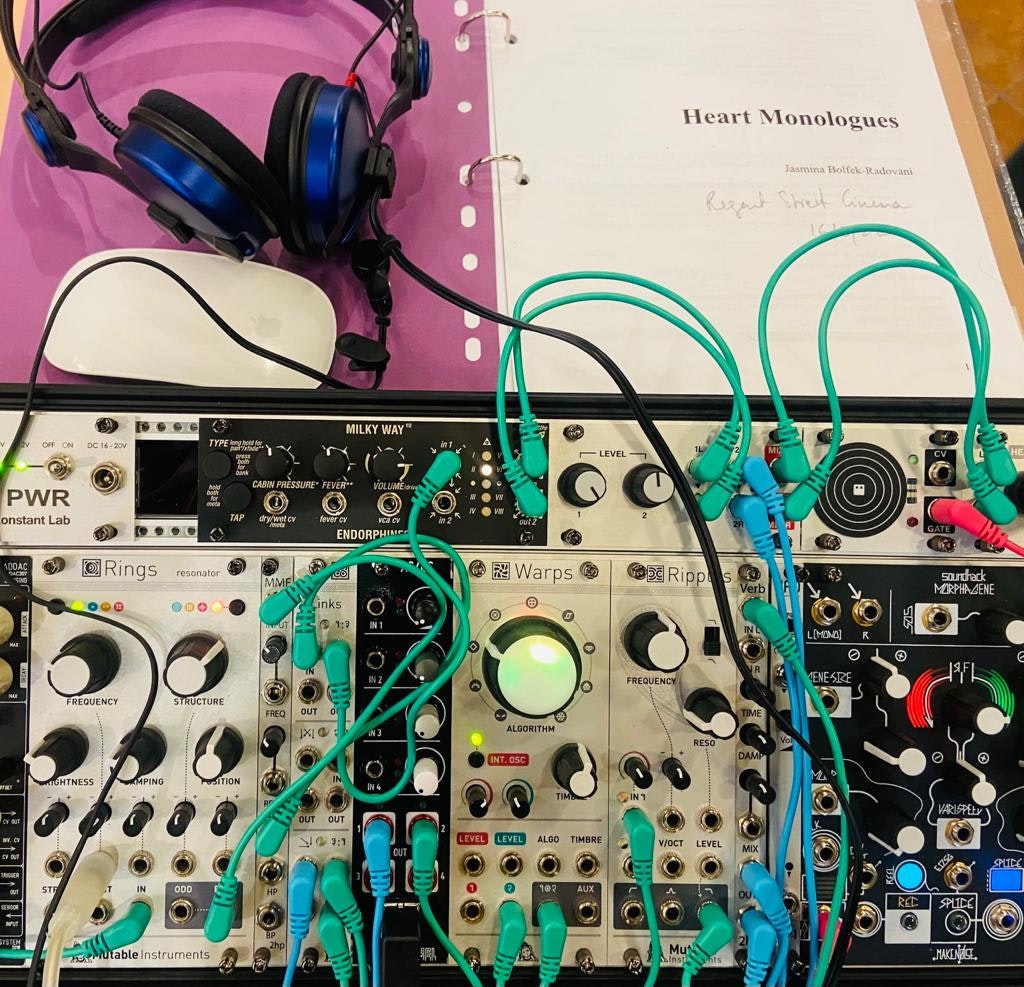
The sounds of the turning pages of paper from which we read our text gave an organic quality to the performance. Finally, a detail worth mentioning is that choosing to wear headless mikes instead of standing wireless ones made the stage cleaner visually (I found performing with a headless mike tricky at times as one needed to be very careful not to change the position of the mike once was is placed on the head). All these different elements worked well together; the people in the audience seemed engaged and attentive from start to finish; the fact that they did not speak or understand all the languages spoken did not matter, something that I hear repeatedly when I perform multilingual poetry.
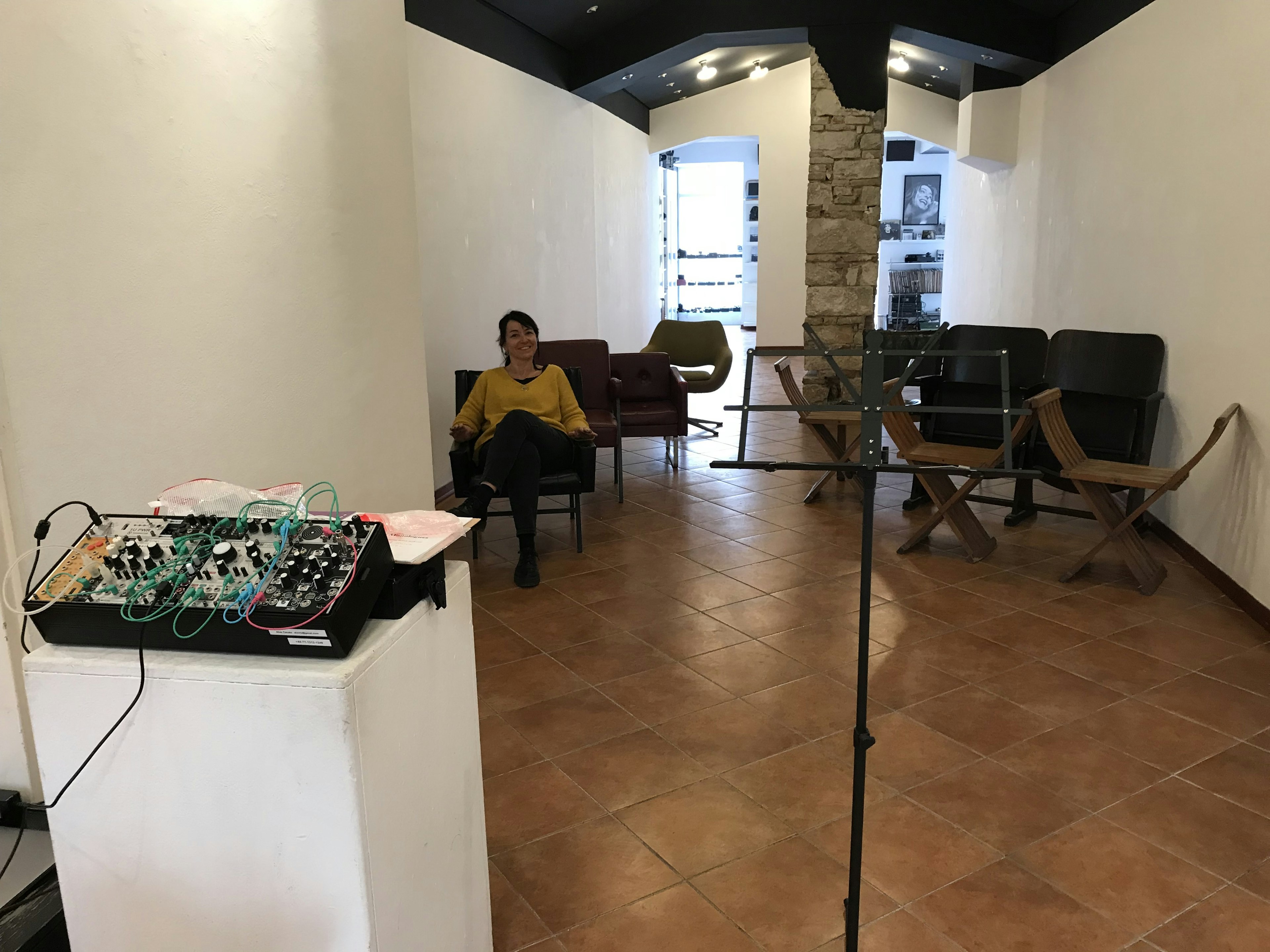
So, does the rose lose its colour in the rain? I often use the trope of the rose in my writing. Because it is a multidimensional symbol & has a variety of different meanings (it is used both in Western and non-Western culture) the rose is a concept that escapes the fixation of meaning. Maybe it is for that reason that it has lost any meaning as Eco argues.(10) The element of water present in the rain is equally elusive; it means simultaneously the slow, eroding passage of time, disintegration, and it carries the cleansing, rejuvenating qualities of regeneration and life renewal, and, by extension, creativity. “Now I am totally confused. Ali, tottallno” says the multilingual heart.
London, 24 April 2022.
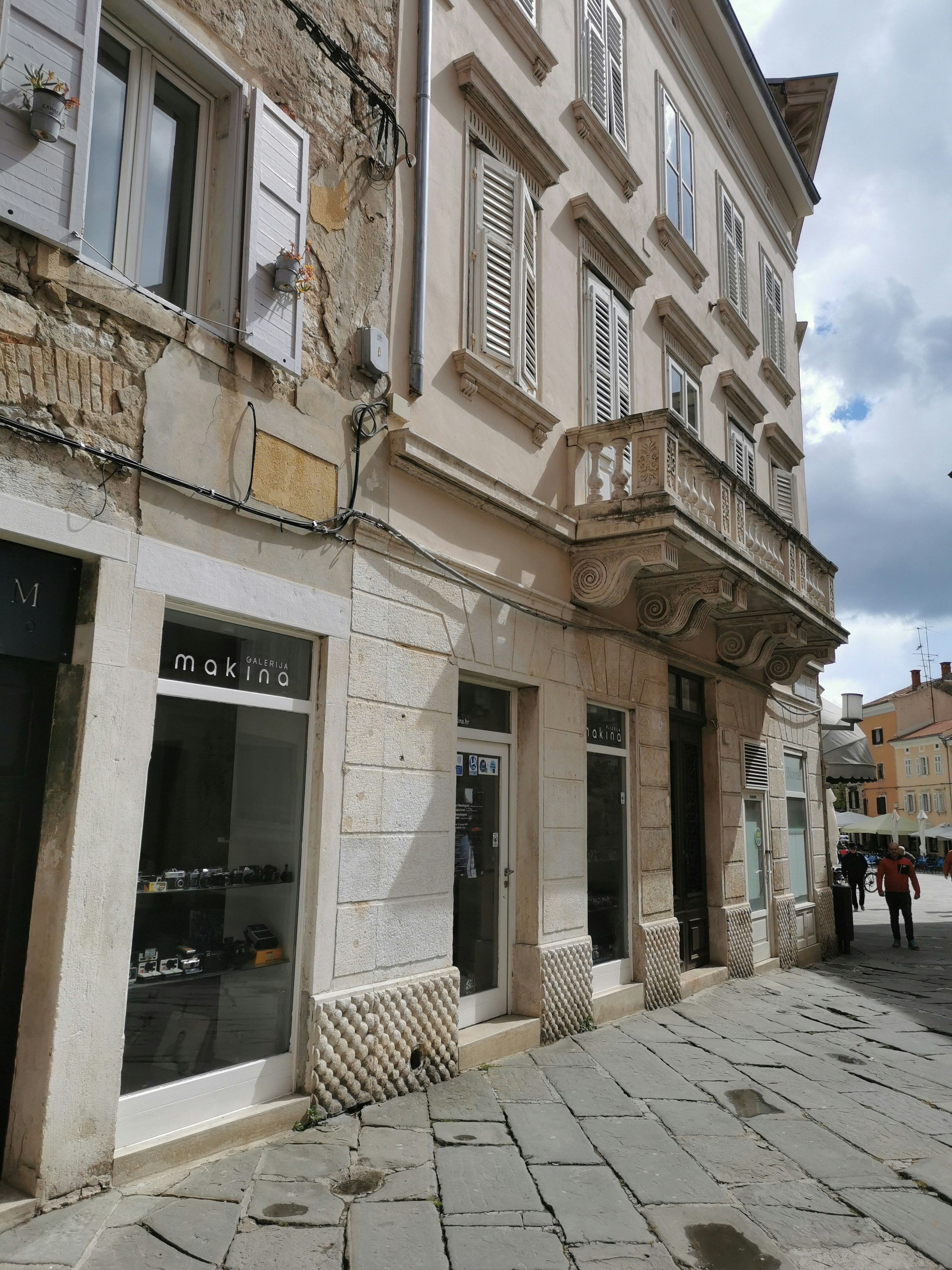
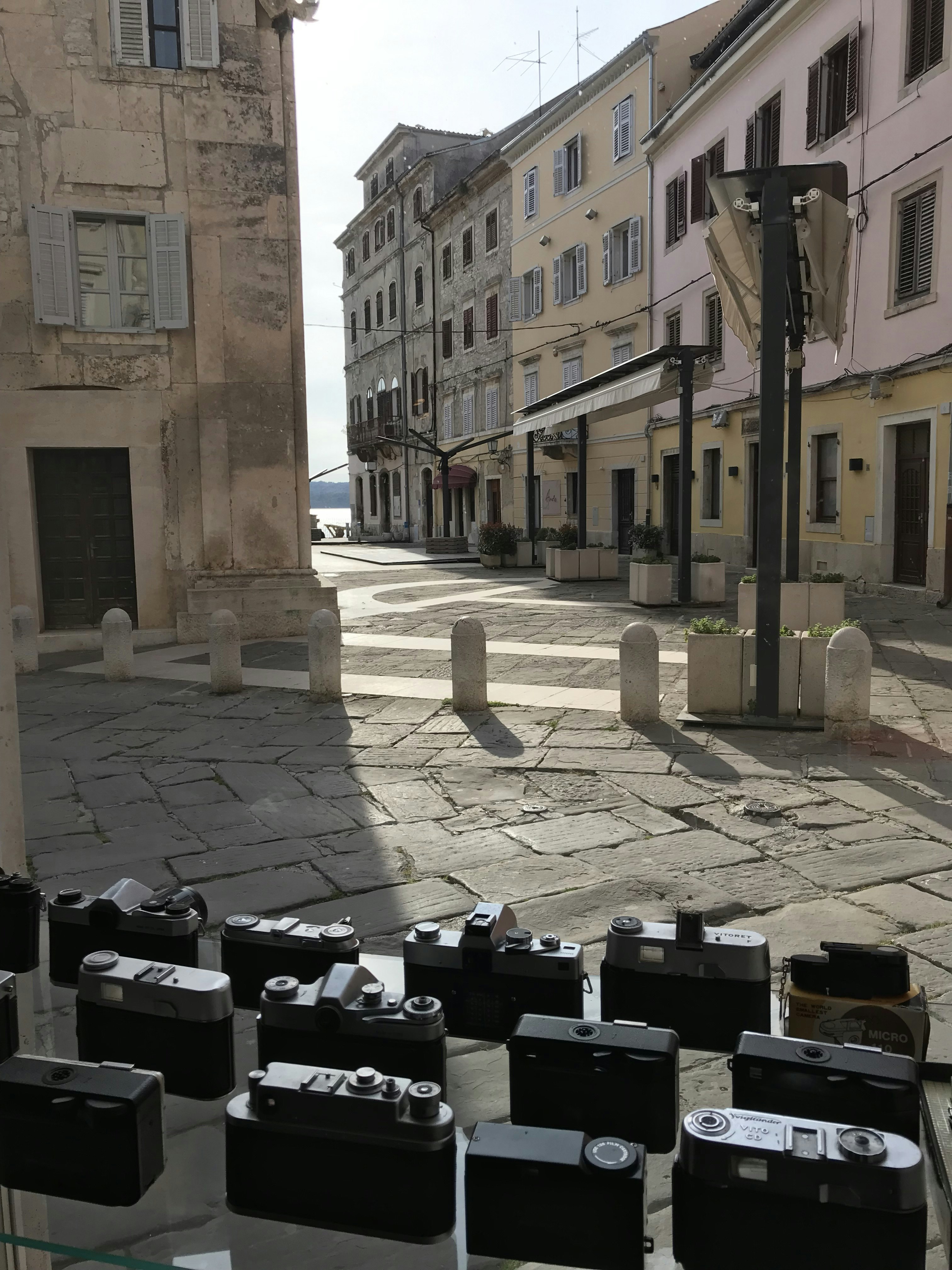
Notes:
- R. Sakamoto, "A Rose", Beauty, 1989.
- The composer Ryuichi Sakamoto passed away on 28th March (17 Jan 1952 - 28 March 2023).
- The premiere of "Heart monologues" was held in London as part of The World in Westminster festival, 15-17. March 2022, Westminster University, whileas the second performance took place in Paris, 21 March, 2023, Delaville café, as part of the series of bilingual evenings of experimental poetry organized every year by Ivy Writers Paris.
- We greatly regret not to have been able to perform with the forth member Robert Šantek who was unable to participate due to an illness.
- Pula / (Croatian ˈpuːla) is a port in NW Croatia at the Southern tip of the Istrian Peninsula: made a Roman military base in 178 bc; became the main Austro-Hungarian naval station and passed to Italy in 1919, to Yugoslavia in 1947, and now in Independent Croatia (Wikipedia).
- R. Sakamoto feat. David Sylvain & Ingrid Chavez, "Heartbeat" (Tainai Kaiki II), 1992.
- Radio Rojc is a community radio located in the Karlo Rojc Community Centre, housed in a former Yugoslav army building in the Monte Zaro urban district.
- Interview with Inrockuptibles, 2019: https://www.youtube.com/watch?v=BY5uw4fKanw
- Atau Tanaka was performing live wearing heart and muscle sensors connected to his modular synthesizer.
- “because the rose is a symbolic figure so rich in meanings that by now it hardly has any meaning left", Umberto Eco., The Name of The Rose.
